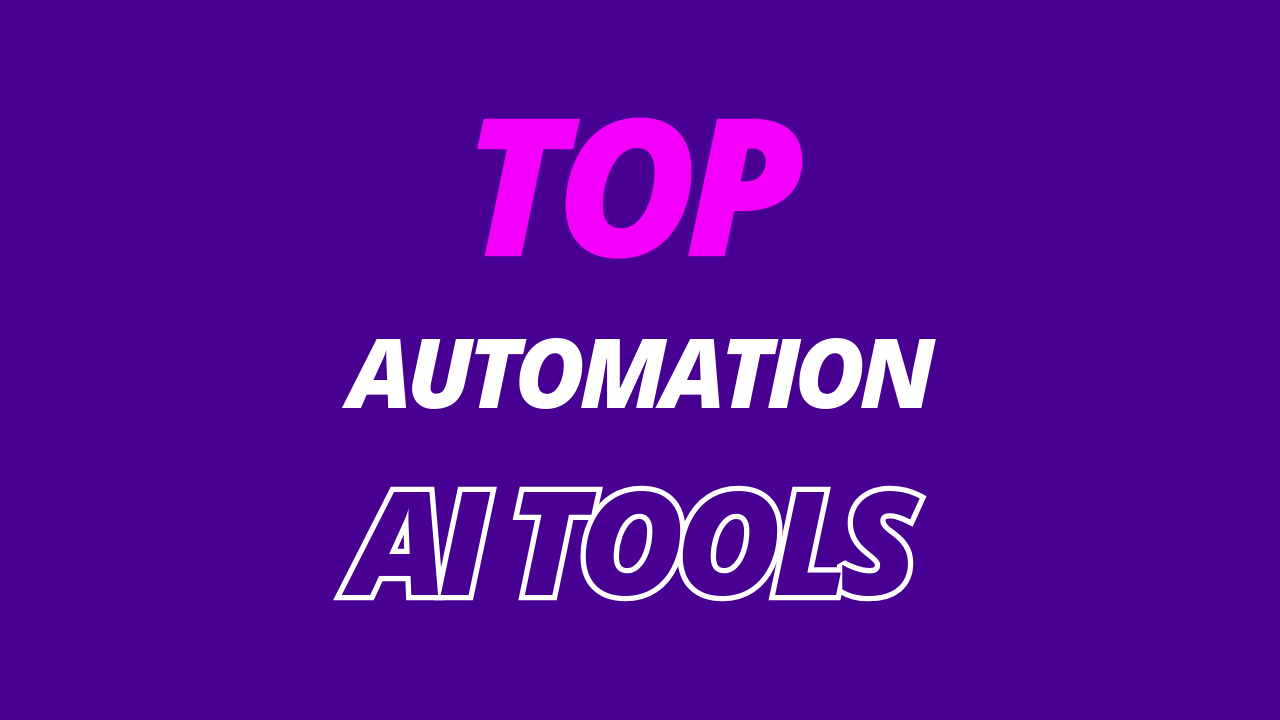E-books are a powerful way to share knowledge, build authority, and generate income. Creating one might seem like a daunting task, but with AI-powered tools like Writesonic, ChatGPT, and Jasper, the process has never been easier. This guide will walk you through the steps to create a professional-quality e-book using these tools.
Table of Contents
Step 1: Define Your E-Book’s Purpose and Audience
Before diving into the creation process, it’s essential to determine the purpose of your e-book and identify your target audience. Ask yourself:
- What problem does my ebook solve?
- Who will benefit the most from reading it?
Having a clear purpose and audience will help you craft a focused and engaging ebook.

Step 2: Outline Your Content
A well-structured outline is the backbone of any successful ebook. Use AI tools to help you brainstorm and organize ideas:
Using Writesonic for Outlining
Writesonic’s AI brainstorming features can help you generate ideas for your book. Input a brief description of your topic, and Writesonic will provide:
- Chapter ideas
- Subtopics
- Key points to cover
Using ChatGPT for Refinement
ChatGPT can help refine your outline by:
- Suggesting additional topics
- Organizing your chapters logically
- Providing a cohesive flow for your content
Using Jasper for Detailed Planning
Jasper’s long-form assistant can further detail each chapter’s structure. For instance, input a chapter title, and Jasper will suggest subheadings and relevant points to include.
Step 3: Draft Your E-Book
Once your outline is ready, it’s time to start writing. AI tools can significantly speed up the drafting process:
Writesonic for Initial Drafts
Writesonic excels at creating high-quality drafts. Use its blog and article generation tools to:
- Expand on each chapter
- Generate engaging introductions and conclusions
- Create detailed explanations of key points
ChatGPT for Polishing Content
ChatGPT can help you:
- Rephrase sentences for clarity and engagement
- Add examples or anecdotes
- Ensure the tone matches your target audience’s preferences
Jasper for Specialized Content
If your e-book covers technical or niche topics, Jasper’s advanced capabilities can generate detailed, accurate content tailored to your needs.
Step 4: Edit and Proofread
Even with AI assistance, editing and proofreading are crucial steps to ensure your e-book’s quality.
- Writesonic: Use its content rephrasing tool to enhance readability.
- ChatGPT: Ask it to identify and correct grammatical errors.
- Jasper: Leverage its content optimization features for improved clarity and coherence.
Additionally, consider using grammar-checking tools like Grammarly for a final polish.
Step 5: Design Your E-Book
A visually appealing design can make your e-book stand out. While AI tools focus on content creation, platforms like Canva or Adobe InDesign can help you design:
- A professional cover
- Engaging layouts
- Graphics and charts
Step 6: Publish and Promote Your E-Book
After finalizing your ebook, choose a publishing platform such as Amazon Kindle Direct Publishing (KDP) or Gumroad. Promote your ebook using:
- Social media campaigns
- Email marketing
- Blog posts and guest articles
Why Use Writesonic, ChatGPT, and Jasper?
These AI tools complement each other, offering unique strengths:
- Writesonic: Quick content generation and brainstorming.
- ChatGPT: Conversational refinement and creative suggestions.
- Jasper: Advanced, detailed content creation and optimization.
Conclusion
Creating an e-book has never been more accessible, thanks to AI-powered tools like Writesonic, ChatGPT, and Jasper. By following this step-by-step guide, you can produce a high-quality ebook that resonates with your audience and achieves your goals. Start today and unleash the potential of AI in your content creation journey!



